We are wrapping up our fifth year of our 200hr Yoga Teacher Training! Our new grads will soon be fledgling teachers offering their skills and gifts. Meanwhile, we are preparing to launch our first ever 300hr Yoga Teacher Training this fall, which will be a year long endeavor for those who already have their 200hr certification to immerse themselves more deeply into the art of teaching yoga.
One of the questions we often get from people who are considering a YTT is, “do I have to teach yoga when I’m done?” It’s a reasonable question. After all, it’s called “teacher training”. The short answer is no, of course you don’t have to teach after you’ve completed training. But there is a question beneath the question, which is—what does it mean to teach yoga?
If you have practiced yoga at a studio it can be easy to assume that yoga teachers are people who teach in designated, calm, clear spaces that are meant to be used exclusively for practicing yoga, and that a yoga class is a 60 minute predetermined sequence of consistent components. That is where and how a lot of yoga teachers teach. But it is by no means the only way.
For instance, some of the places that I have taught yoga include hotel conference rooms, school gymnasiums, mountain summits, karate dojos, living rooms, community centers, church basements, prisons, recovery centers, and parks. And most of those “classes” did not even remotely fit into the structure of a 60 minute vinyasa flow sequence.
Furthermore, for me the most important aspect of my vocation as a yoga teacher is the way that it informs how I move through the world. It informs my values, my friendships, my politics, and my aspirations. I am not always teaching yoga. But my teaching of yoga is always informing how I live.
The truth is that even after 15+ years of teaching yoga, I am still asking that question, and my answer continues to shift and evolve. What I do know is that walking into a studio room to facilitate breath and movement for 60 minutes is only one small part of what I consider to be my vocation of being a yoga teacher.
So, what does it mean to teach yoga?
Ask around. Ask your teachers. Ask yourself. Share what you discover.
You can head over to our trainings page and learn more about our specific methodology of training teachers and what you can expect if you do decide to participate. And as always, let us know if you have any questions.
Ready to jump in? Check out our upcoming teacher trainings!
